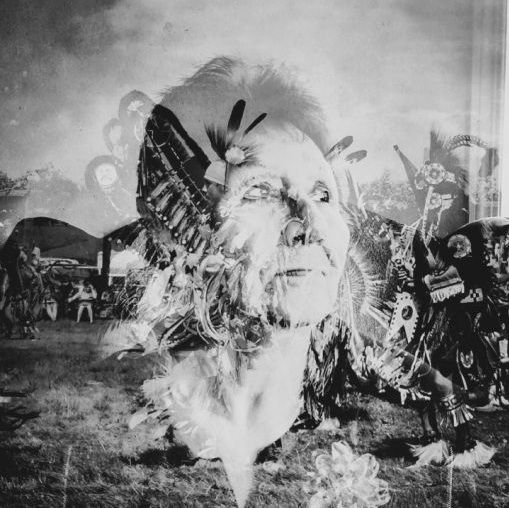Award-winning photojournalist Daniella Zalcman speaks to Elon University students and faculty on Wednesday, November 1, 2017, about her work documenting the lives of indigenous peoples in North America and LGBTQ individuals in Uganda.
Zalcman's talk, "Storytelling through the Camera Lens," is part of a two-day visit to Elon, one of the Pulitzer Center's more than 30 Campus Consortium partners. Kayla Sharpe, Campus Consortium coordinator, joins Zalcman for the visit that also includes meeting with journalism classes and attending more informal sessions with students and faculty over meals.
Zalcman, who has produced multiple Pulitzer Center-supported series of photographs surrounding human rights issues, won the 2016 FotoEvidence Book Award for documenting social injustice. “Signs of Your Identity” explores the legacy of Canada’s Indian Residential Schools, which began operation in the late 1800s. She traveled to Canada to speak with survivors of the Residential Schools designed to force assimilation of indigenous children. Children also were often subject to physical, emotional and sexual abuse.
For her "Signs of Your Identity" documentary project, Zalcman decided to created a series of double exposure portraits of Residential School survivors.
"This is a project about history, and memory, and trauma. Children who were taken from their families grew up not knowing how to express love. Languages were forgotten, cultural traditions lost," Zalcman said in an interview with FotoEvidence when asked about why she used the double exposure technique.
Zalcman also reported on the struggles in Uganda's LGBTQ communities. In 2014, Ugandan president Yoweri Museveni signed the Anti-Homosexuality Bill. Fear of the legislation caused many in Uganda's LGBTQ community to flee their country and seek asylum. Zalcman met with those who remained in their country as well as religious leaders who had a wide range of responses to the LGBTQ community.
